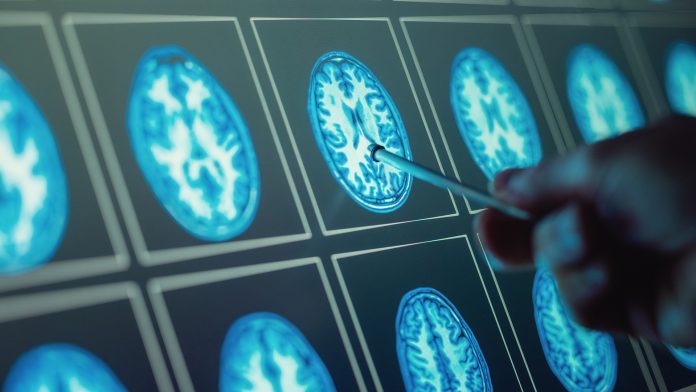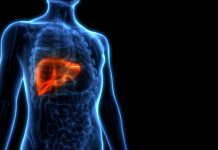
In a significant development for pediatric oncology, the NHS in England is poised to introduce the first-ever targeted brain tumour treatment for children and young adults.
This pioneering brain tumour treatment, administered at home, has demonstrated remarkable efficacy in slowing the progression of the disease, promising a better quality of life for young patients over an extended period.
The urgent need for better brain tumour treatment for children
Gliomas, characterised by abnormal growths in the brain or spinal cord, present a significant medical challenge due to their varying grades and aggressive nature.
While low-grade gliomas progress slowly, high-grade variants pose a greater threat, often proving fatal.
With approximately 150 children diagnosed with low-grade gliomas and 30 with high-grade gliomas each year in the UK, the introduction of this targeted therapy addresses an urgent unmet need in current care.
Dabrafenib with trametinib: A game-changer in paediatric oncology
The groundbreaking treatment comprises a combination of dabrafenib with trametinib, which has proven to halt disease progression for more than three times the duration of standard chemotherapy.
Specifically designed for children diagnosed with low-grade gliomas carrying the BRAF V600E mutation, this brain tumour treatment not only offers extended progression-free survival but also mitigates the harsh side effects commonly associated with traditional chemotherapy.
This targeted therapy, granted approval by the National Institute for Health and Care Excellence (NICE), is set to revolutionise the management of low-grade and high-grade gliomas in children and young adults aged one to 17.
By honing in on the proteins produced by the altered BRAF gene, which drives unchecked tumour growth, the treatment aims to disrupt the disease’s progression at a molecular level.
Helen Knight, director of medicines evaluation at NICE, said: “Diagnosis of a glioma brain tumour, which is often fatal for people with advanced high-grade glioma, can have a devastating impact on children and their families.
“Treatment options are limited, and we know they can be brutal. I am pleased we can recommend this new combination therapy that can give children longer without their tumour growing and offers them and their families a better quality of life.”
Clinical efficacy and patient benefits
Clinical trials have underscored the superiority of dabrafenib with trametinib over conventional chemotherapy, both in terms of efficacy and tolerability.
Notably, the treatment has demonstrated a median progression-free survival of 24.9 months for low-grade gliomas, compared to just 7.2 months with standard chemotherapy.
Moreover, the therapy’s oral administration – dabrafenib in dissolvable tablets taken twice daily and trametinib in an oral solution taken once daily – offers added convenience for young patients and their families.
The NHS anticipates the rollout of this groundbreaking brain tumour treatment in the coming months, offering renewed hope to children and young people.






















